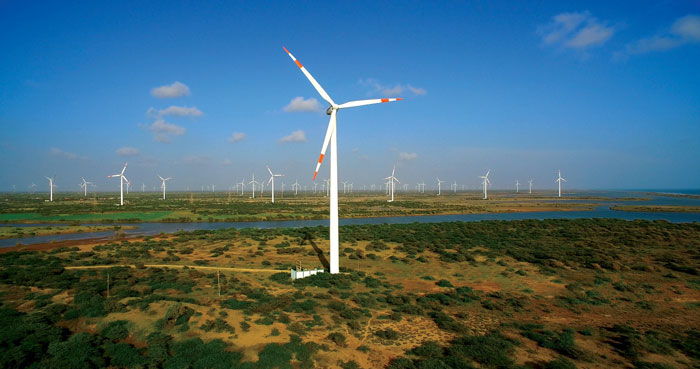As part of its EV100 commitment, Suzlon will electrify its entire fleet by 2035, cutting fuel use, slashing emissions by 24 per cent, and accelerating India’s transition to net zero.
After pledging to power all its facilities with 100 per cent renewable energy by 2030, renewable energy solution provider Suzlon has taken a decisive step forward in its clean mobility agenda by joining the EV100 initiative led by the UK-based Climate Group. As part of this global commitment, the company will transition its entire fleet to electric vehicles by 2035, reducing fuel consumption, cutting carbon emissions by 24 per cent, and reinforcing India’s push toward net zero.
EV100 is a global programme that brings together leading companies committed to accelerating the shift to electric transport and making it the new normal by 2030. Suzlon becomes the first Indian renewable energy company to join the initiative, signalling a convergence of clean energy generation and sustainable mobility.
The commitment involves electrifying 655 vehicles across Suzlon’s operations, including both owned and leased assets. These span the less than 3.5 tonne (T) and 3.5-7.5 T categories, which represent a significant share of the company’s operational fleet. The transition directly contributes to reducing Scope 1 emissions—those arising from direct sources within the organisation, particularly its vehicular operations—as outlined in Suzlon’s ESG roadmap for 2035.
JP Chalasani, CEO of Suzlon Group, said, “Our ESG framework—anchored in organisation, product, and operations—fuels both our sustainability agenda and business growth. With the S144 turbine, we have set a new benchmark as India’s lowest carbon footprint wind solution. Through our RE100 and EV100 commitments, we are ensuring that clean energy is complemented by clean mobility.”
Suzlon’s EV100 pledge marks a key milestone in its broader decarbonisation strategy, which includes achieving Net Zero Scope 1 emissions by 2035. The move also aligns with India’s national goals to electrify transport, reduce urban pollution, and build resilient supply chains for low-carbon technologies.


